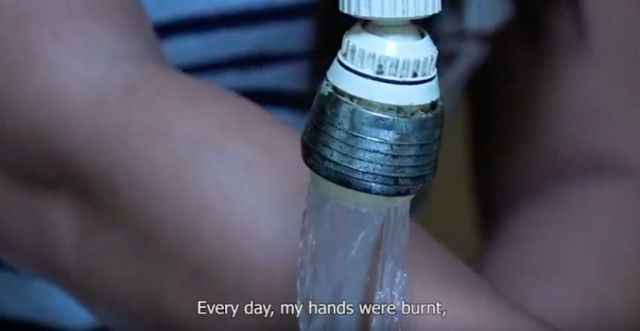Dr Tomoya Obokata, United Nations Special Rapporteur on Contemporary Forms of Slavery, Tweeted on 6 April that he issued country visit request to Singapore and that he looks forward to receiving positive responses from the Singapore Government to conduct independent investigation and promote constructive dialogue.
Besides the Singapore Government, Dr Obokata has also written to the Governments of Thailand, Pakistan and Malaysia, requesting the permissions of the respective Governments to visit them for the purposes of independent investigations and dialogue.
Today I issued country visit requests to #Thailand ??, #Pakistan ??, #Singapore ?? & #Malaysia ??. I look forward to receiving positive responses from respective governments so that I can conduct independent investigation and promote constructive dialogue.
— UN Special Rapporteur Tomoya Obokata (@TomObokata) April 6, 2022
Dr Obokata is a Japanese scholar of international law and human rights, specialising in transnational organised crime, human trafficking and modern slavery. He was appointed as the United Nation’s Special Rapporteur on contemporary forms of slavery, including its causes and consequences in March 2020.
Dr Obokata’s visit request comes after an international report from 2016 said that among nearly 46 million people living and working in slave-like conditions worldwide, an estimated 9,200 are in Singapore. The global index on 167 countries compiled by a human rights group, Walk Free Foundation, puts Singapore’s figure at 0.165 per cent of the population, placing the country in joint 45th place, with Mauritius, out of a total of 52 rankings.
The lower the ranking, the less prevalence of “modern slavery” in a country. The group describes modern slavery as the presence of slave-like conditions including human trafficking, sex trafficking, forced labour and debt bondage. According to the index, Singapore ranks worse than Vietnam and 23 other countries.
In 2019, a documentary, Not Here, whcih premiered at The Projector highlighted the stories of three foreign workers who were caught in a modern-day slavery-like work conditions.
One of the three foreign workers is Mary, a foreign domestic worker, whose employers abused her by pouring bleach on her hands and slamming her head against the wall. Eventually, Mary couldn’t take the abuse any longer, and jumped out of her employer’s flat window to escape.
Abdul’s story is about how he suffered an accident while on site. Three days after the accident, Abdul, the construction worker’s boss threatened him to admit the accident happened in the office storeroom instead, and compelled him to sign “a piece of paper” (an agreement of sorts) to ensure his silence.
The third story is that of Iriana is a trafficked sex worker. She only realised what the work she was in Singapore to do was when she witnessed a friend try to communicate with a man on the streets. In her words, she never expected to find herself in a situation where she had to do this “lowest” form of work.
In September last year, a letter written to the Straits Times pointed out how modern slavery at sea is worsening in ASEAN and how it is important to employ a multi-stakeholder approach to eradicate this form of slavery in this region.
The letter writers, Annisa Erou and Tashryn Mohd Shahrin, pointed out how fishers are often trapped in situations that include debt bondage, long hours working overtime, verbal, physical, and sexual abuse, deception, and abuse of vulnerability. Many have ended up dead because of these horrible situations.

